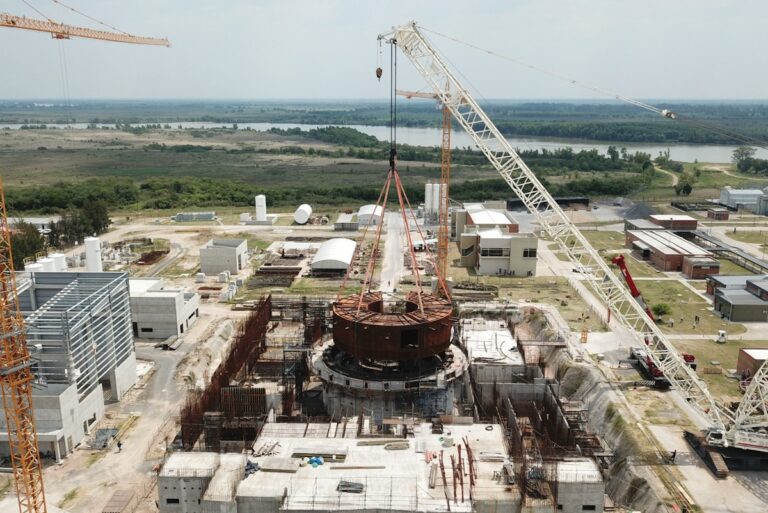“Distribution utilities are mandated to ensure a ready market for available capacity from the first commercially developed nuclear power plant, which shall be exempt from a competitive selection process,” read the notice.
“There is a need to establish a well-defined framework to instill potential investor interest for the first nuclear power generation facility in the Philippines.”
The country’s first nuclear plant will be automatically certified as an “energy project of national significance”, allowing it to benefit from fast-track permitting, read the document. The certification may be issued even before the filing of permits, subject to the agency’s evaluation, it added.
The draft circular is currently seeking comments from related government agencies before its final approval in September.
Nuclear is cited in the Philippine energy plan as a baseload power source that can meet the country’s electricity demand reliably without emitting greenhouse gases.
The Southeast Asian nation has been ramping up talks to push through nuclear power deals, despite safety and cost concerns cited by environmentalists. President Ferdinand Marcos, Jr met two years ago with a United States-based nuclear energy firm to assess if the Philippines could be a potential project site. In October, Marcos, Jr forged an agreement with South Korea to conduct a feasibility study to explore the revival of the stalled Bataan Nuclear Power Plant.
The DOE circular comes nearly a month after the Senate approved a bill which aims to establish a legal framework for the utilisation of nuclear energy in the country. The Philippine energy roadmap includes the phased entry of nuclear energy into the country’s power generation mix, beginning with a 1,200 megawatts (MW) of capacity, with operations targeted to start by 2032, up to 2,600 MW by 2035 and 4,800 MW by 2050.
‘A dangerous precedent’
The DOE’s proposal for nuclear power projects to bypass competitive bidding casts doubt over the government’s commitment to ensuring affordable electricity for consumers, said Gerry Arances, executive director of sustainability think tank Center for Energy, Ecology, and Development (CEED).
“The competitive selection process was mandated to ensure the least cost power for consumers, and also to ensure transparency and accountability. By exempting nuclear power from this process, the DOE is setting a dangerous precedent where high-risk projects can be pushed forward without due diligence or the best interests of consumers in mind,” Arances said in a statement.
However, Carlo Arcilla, director of the Philippine Nuclear Research Institute, a government agency under the Department of Science and Technology, argued that nuclear development must be prioritised to meet the country’s growing energy needs.
“Nuclear is urgent because unlike existing baseload energy sources like coal and gas, it has no carbon dioxide emissions and has the highest energy density and energy availability. [Although] geothermal is renewable and maintains a stable and reliable power supply, it has already used up its potential in the country,” Arcilla told Eco-Business.
Studies have found however that there is still substantial untapped potential for further geothermal development in the archipelagic nation.
Although building nuclear plants is expensive, a facility can run for up to 80 years, making it a low-cost energy source in the long run, he added. By comparison, a wind turbine typically runs for 25 years, solar panels for 30 years, and a coal plant for 50 years.

